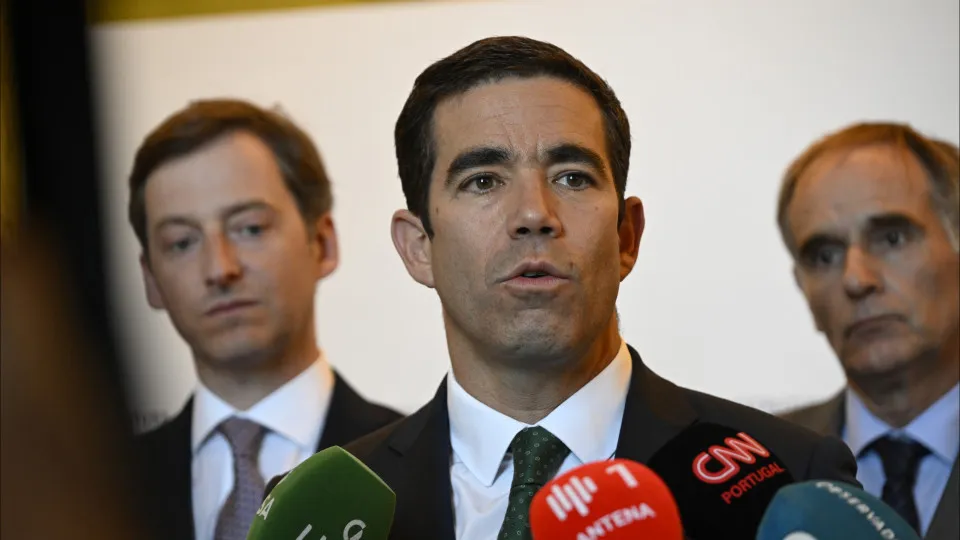
According to government spokesman Steffen Meyer, “more than six million people will benefit from this increase, all those earning less than 13.90 euros per hour.”
The governmental decision is binding, without the need for parliamentary approval, and the executive believes it will strengthen the purchasing power of those with lower wages and consequently boost domestic demand.
The Social Democrats of the SPD, minority partners in the governing coalition led by the CDU (center-right), campaigned in February elections for raising the minimum wage to 15 euros per hour.
According to the German government’s estimates, the approved increase means employers will face additional labor costs of 2.2 billion euros from next year and 3.4 billion euros from 2027.
In Portugal, the current minimum wage is 870 euros gross and is expected to rise to 920 euros gross by 2026, according to the state budget proposal for 2026 already approved in general.
Considering a 40-hour workweek and a four-week month, the hourly minimum wage in Portugal will be 5.75 euros next year.




